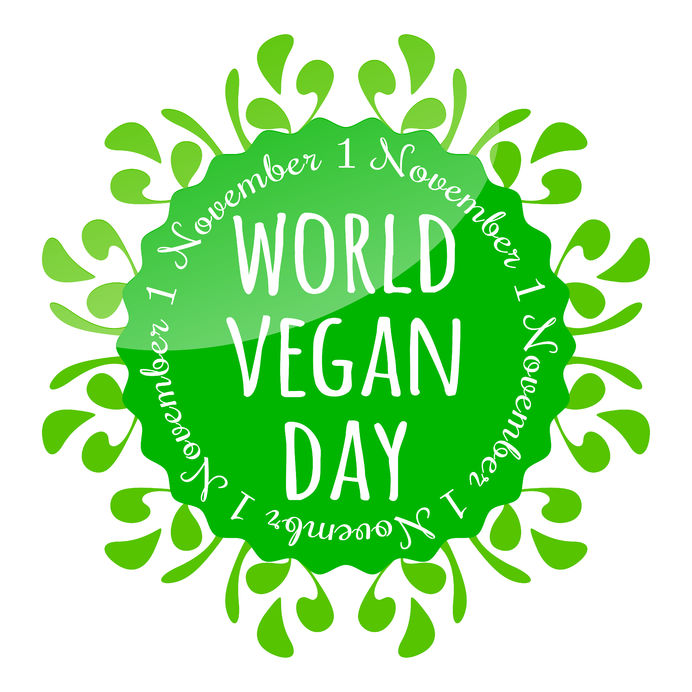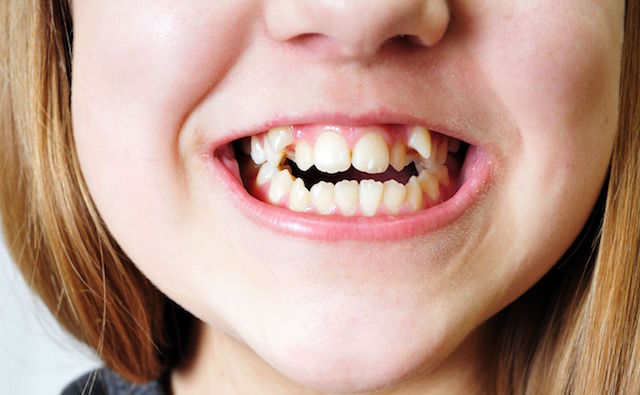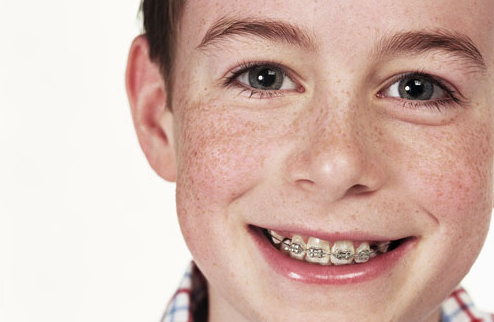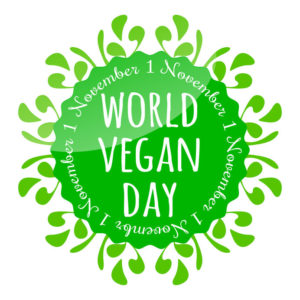World Vegan Day History
In 1944, in the UK, Donald Watson took the first and last letters of the word “vegetarian,” and created the word “vegan” to indicate being vegetarian from beginning to end – (not only not eating any animals, but also not eating any products that come from animals, not using any products that come from animals, and simply not using animals for our human purposes – true Ahimsa, “dynamic harmlessness”).
Certainly there were those who had such beliefs and lived by such committed values long before 1944, but, up until that time, there was not a single word with such meaning.
Watson entered the word into the lexicon and also registered the first Vegan Society, in Britain, on November 1, 1944.
Thus, World Vegan Day, a special annual holiday celebrating vegan living, is celebrated on November 1st each year.
It is celebrated with festivals around the country and all around the world.
What is a Vegan?
Vegetarians do not eat meat, fish, or poultry. Vegans, in addition to being vegetarian, do not use other animal products and by-products such as eggs, dairy products, honey, leather, fur, silk, wool, cosmetics, and soaps derived from animal products.
Why Veganism?
People choose to be vegan for health, environmental, and/or ethical reasons. For example, some vegans feel that one promotes the meat industry by consuming eggs and dairy products. That is, once dairy cows or egg-laying chickens are too old to be productive, they are often sold as meat; and since male calves do not produce milk, they usually are raised for veal or other products. Some people avoid these items because of conditions associated with their production.
Many vegans choose this lifestyle to promote a more humane and caring world. They know they are not perfect, but believe they have a responsibility to try to do their best, while not being judgmental of others.
Vegan Nutrition
The key to a nutritionally sound vegan diet is variety. A healthy and varied vegan diet includes fruits, vegetables, plenty of leafy greens, whole grain products, nuts, seeds, and legumes.


Crooked Teeth Could Lead to Greater Health Problems
Yearning for a straight smile isn't the only incentive for aligning your teeth. Crooked or crowded teeth could lead to serious health issues prompting a greater initiative for seeking orthodontic care. Here are 8 Ways Crooked Teeth Impact Your Health 1....

Are You A Nail Biter? Here’s Why You Should Stop
Nail biting can be a hard habit to break — but if you don't, your teeth might suffer much more than your manicure. According to the American Association of Orthodontics, children or adults who bite their nails could crack, chip or wear down their...

Does my child really need that orthodontic treatment?
For many parents, the news that their child needs to see an orthodontist is not well-received for a number of reasons. They instantly begin to imagine hours spent at the orthodontist office, expensive bills that insurance won’t pay, and the negative...

